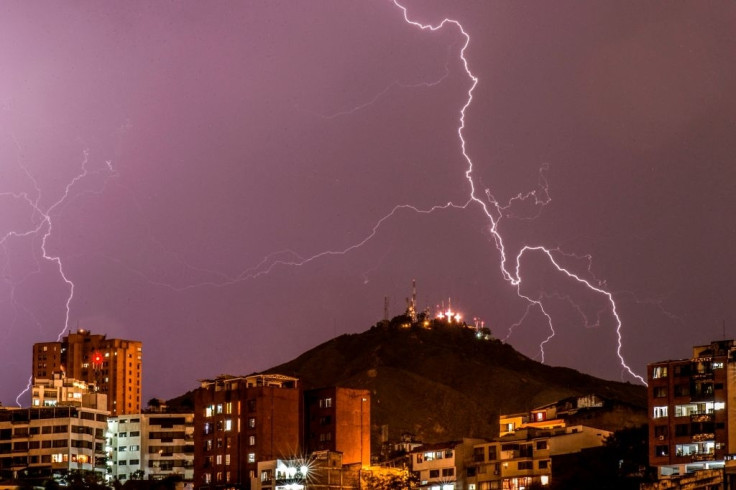In a first, Japanese researchers witness lightning triggering nuclear reactions in sky
The phenomenon was witnessed using four radiation detectors installed at Japan's Kashiwazaki-Kariwa nuclear power plant.

In a first, a group of researchers in Japan have witnessed signs of nuclear reactions triggered by lightning. Scientists have long predicted that high-energy electrons in lightning generate gamma rays that induce nuclear reactions up in the atmosphere, according to a report in Science Alert.
However, none of those predictions had been confirmed until researchers from Kyoto University in Japan conducted an observation using four radiation detectors installed at the Kashiwazaki-Kariwa nuclear power plant in Japan's Niigata Prefecture. Their findings have been published in journal Nature on Wednesday (22 November).
During a thunderstorm in the month of February, the group witnessed a pair of lightning strikes that produced a sudden spike in gamma radiation.
Three waves of gamma rays were detected in total, of which the first lasted for one millisecond, second for less than half a second, and the third — an afterglow — lasted nearly for a minute.
By analysing the data and particle energies that came out in the afterglow, researchers were able to determine that these were the signs of positrons — the antimatter counterparts of electrons — annihilating in a puff of energy as a byproduct of the nuclear reaction.
"This line is a conclusive indication of electron–positron annihilation, and represents unequivocal evidence that photonuclear reactions can be triggered by thunderstorms," explains experimental physicist Leonid Babich from the Russian Federal Nuclear Centre, who had predicted the occurrence about a decade ago.
Teruaki Enoto, an astrophysicist at Kyoto University and one of the authors of the latest study, told Science Alert that this phenomenon does not pose a risk to human health. "Since the radioactive isotopes are short-lived, spatially restricted, and [comprise a] relatively small amount compared to usual background radiative environments, I think there is no health risk from this phenomena," Enoto says.
Meanwhile, it is still unclear if all thunderstorms trigger similar reactions or there are unique conditions when the phenomenon takes place. Enoto believes this happens only during powerful events, but adds that more statistical and quantitative studies would be needed to find an evidence-based answer to that question.





